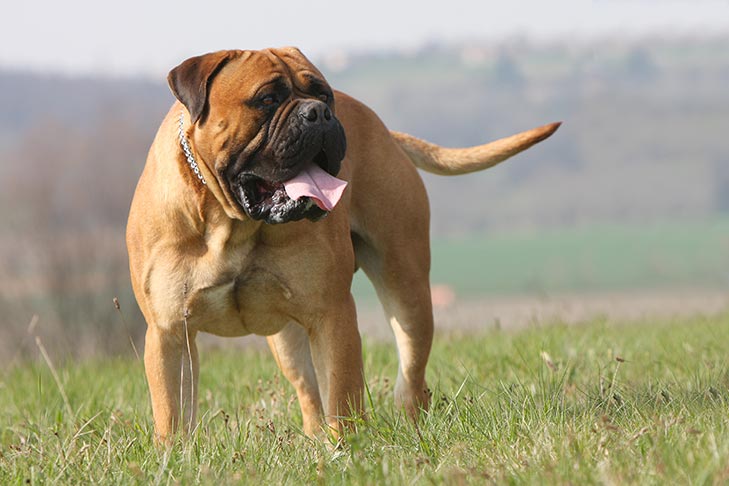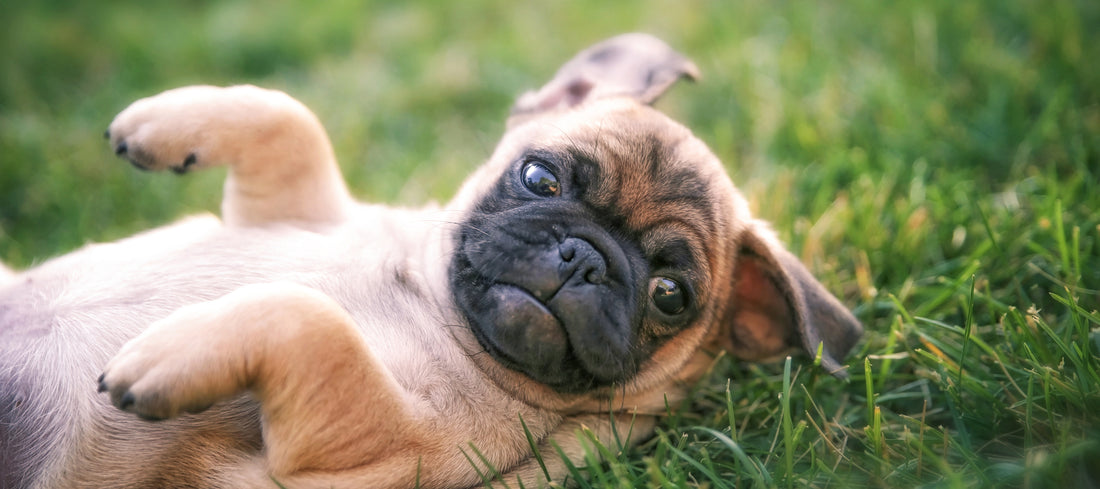
Why Understanding Bichon Frise Dog Breed Characteristics and Care Matters?
Share
For those who are **health-conscious pet owners**, understanding the unique characteristics of the **Bichon Frise** dog breed is no small feat. This delightful breed, characterized by its fluffy coat and cheerful demeanor, is both a wonderful companion and a breed requiring specific care. Understanding these essential **characteristics** can greatly contribute to providing the best possible **care** for your pet. In this article, we will cover everything from their general behavior, to grooming needs, health issues, and training tips.

General Characteristics of the Bichon Frise
The **Bichon Frise** is known for its playful and affectionate nature, making it perfect for families. Their size usually ranges from 9 to 11 inches in height, weighing around 12 to 18 pounds, which makes them ideal for both apartment living and larger homes. Their **white, curly coat** not only adds to their charm but also requires vigilant grooming to keep it healthy and clean.
Grooming Needs
One of the crucial aspects of **Bichon Frise care** is regular grooming. Their coats can easily mat without proper attention, leading to discomfort for your dog. Regular brushing and professional grooming every 4-6 weeks is recommended. Additionally, bathing your Bichon periodically helps maintain its coat's cleanliness and skin health. Dont forget that maintaining their **nails** and teeth is equally important!
Health Considerations
Just like any breed, the **Bichon Frise** is susceptible to certain health issues. Regular vet check-ups can catch potential problems early, including conditions like **allergies**, patellar luxation, and dental problems. Being proactive in your Bichons health can lead to a longer, healthier life for your furry friend. Monitoring their weight is crucial as obesity can exacerbate health issues.
Training and Socialization
Training a **Bichon Frise** can be a rewarding experience. They are intelligent and eager to please, which usually makes them quite responsive to training. Socializing your Bichon from a young age can help foster understanding and trust when meeting new people and pets. Enrolling them in puppy classes can also enhance their skills and ensure that they grow into well-rounded adults.
Family Life with a Bichon Frise
The **Bichon Frise** is known for its friendly disposition and is often great with children. They thrive on companionship, which means they are not the type of pet that does well alone for long periods. Including your Bichon in family activities can enhance their loyalty and bond with each family member.
Nutrition for Health
A healthy diet is essential for maintaining your Bichons vitality and happiness. Opt for high-quality **dog food** that lists meat as the first ingredient. Consult your veterinarian for dietary recommendations tailored to your dog's age, size, and any specific health concerns. Pay close attention to portion sizes to avoid obesity and nutritional deficiencies.
Engaging Activities for Bichon Frises
Keeping your Bichon active is not just fun, it is crucial for their mental and physical health! Activities such as interactive toys, agility training, or simple games of fetch can help keep your four-legged friend energized. Regular walks will also contribute to their well-being. Regular mental stimulation is just as important as physical exercise.
Traveling with Your Bichon Frise
If you plan on traveling with your Bichon, preparation is essential. Make sure your pet is comfortable in a crate, and bring along familiar items such as their favorite blanket or toys. Keep your Bichon hydrated, and ensure they have regular bathroom breaks. Most importantly, ensure that traveling does not cause stress for your beloved companion.
Conclusion: A Loving Companion
The **Bichon Frise** is a wonderful breed for health-conscious pet owners due to its suitability for family life, ease of training, and positive demeanor. By understanding their **characteristics** and implementing thorough **care** routines, you can ensure a happy and healthy life for your dog.

FAQs
What are common health issues in Bichon Frises?
Some health issues include allergies, dental problems, and patellar luxation. Regular vet visits can help in early detection.
How often should I groom my Bichon Frise?
It's recommended to groom them every 4 to 6 weeks, along with regular brushing at home to prevent matting.
Is the Bichon Frise suitable for kids?
Yes, they are known for being friendly and can be great with children, making them a wonderful family pet.
As an Amazon Associate, I earn from qualifying purchases.
